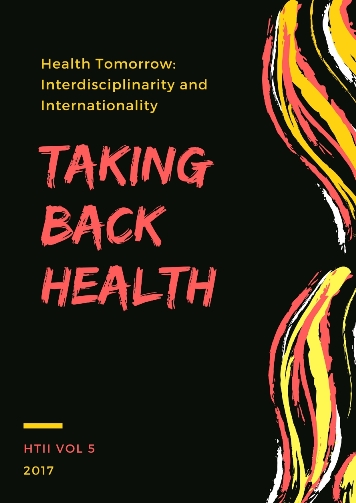Decolonizing Stigma and Diagnosis as Healing Work
DOI:
https://doi.org/10.25071/2564-4033.40246Keywords:
Stigma, diagnosis, coloniality, decoloniality, Drama for Life, collective occupation, occupational consciousnessAbstract
In order to disrupt dominant understandings of health and well-being, and to confront systemic injustices that result in ongoing health inequities, stigma must be addressed from both within and beyond the realm of medical diagnosis. The individualistic nature of diagnosis, that is characteristic of Western medical approaches, often perpetuates stigma. The role of diagnosis in biomedicine, as well as the historicity of professions and disciplines in Westernized health-care, intersect with different hierarchies of power, identities, and knowledges through mechanisms that operate across local and global contexts. This paper argues that a decolonial approach to health research, practice and education offers an important lens through which to critically analyse these intersections of power, identities, and knowledges. Such an approach can help disrupt dominant understandings of health and well-being. To advance the argument, examples of decolonial thinking approaches and pedagogical methods from South Africa are provided.

